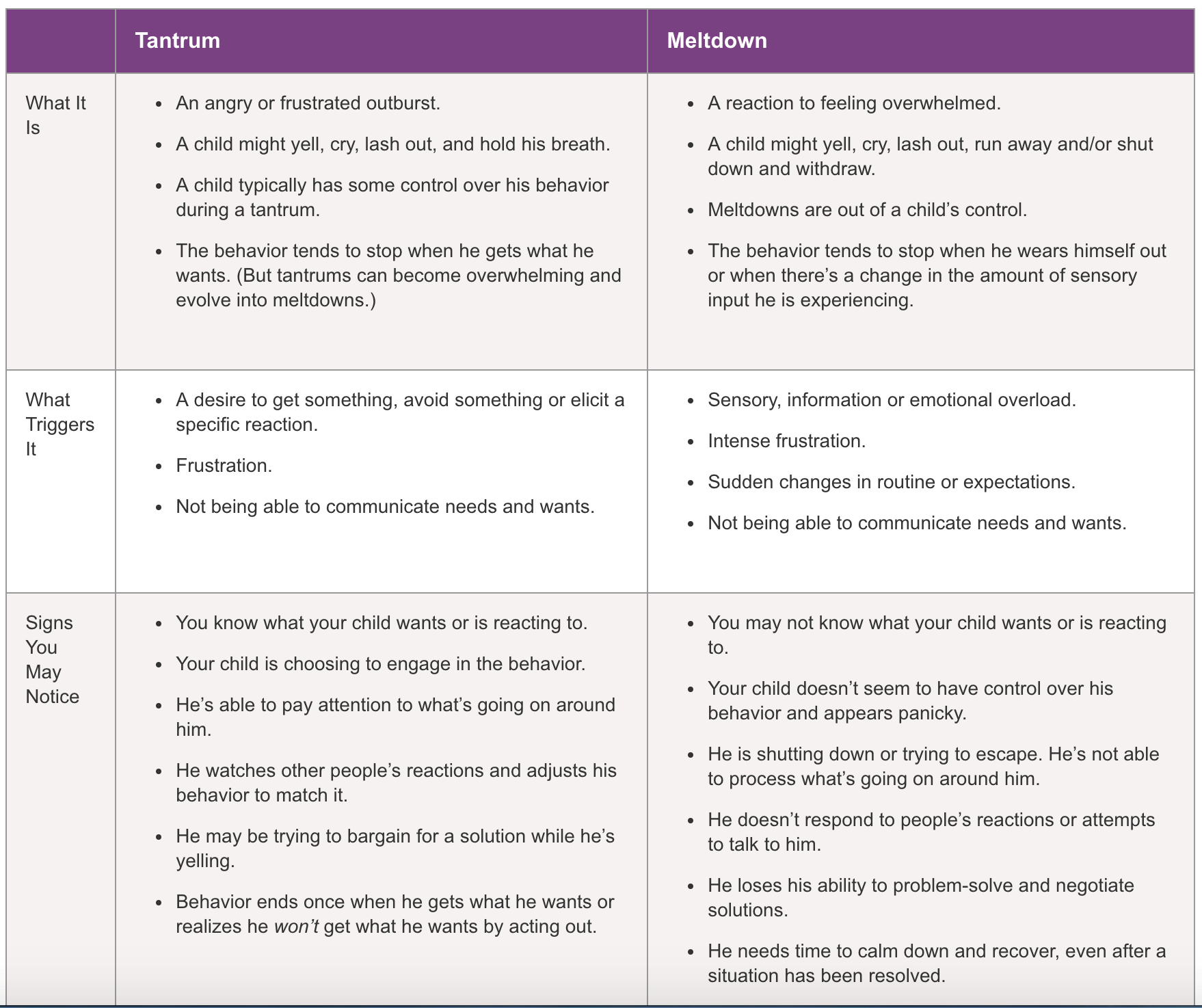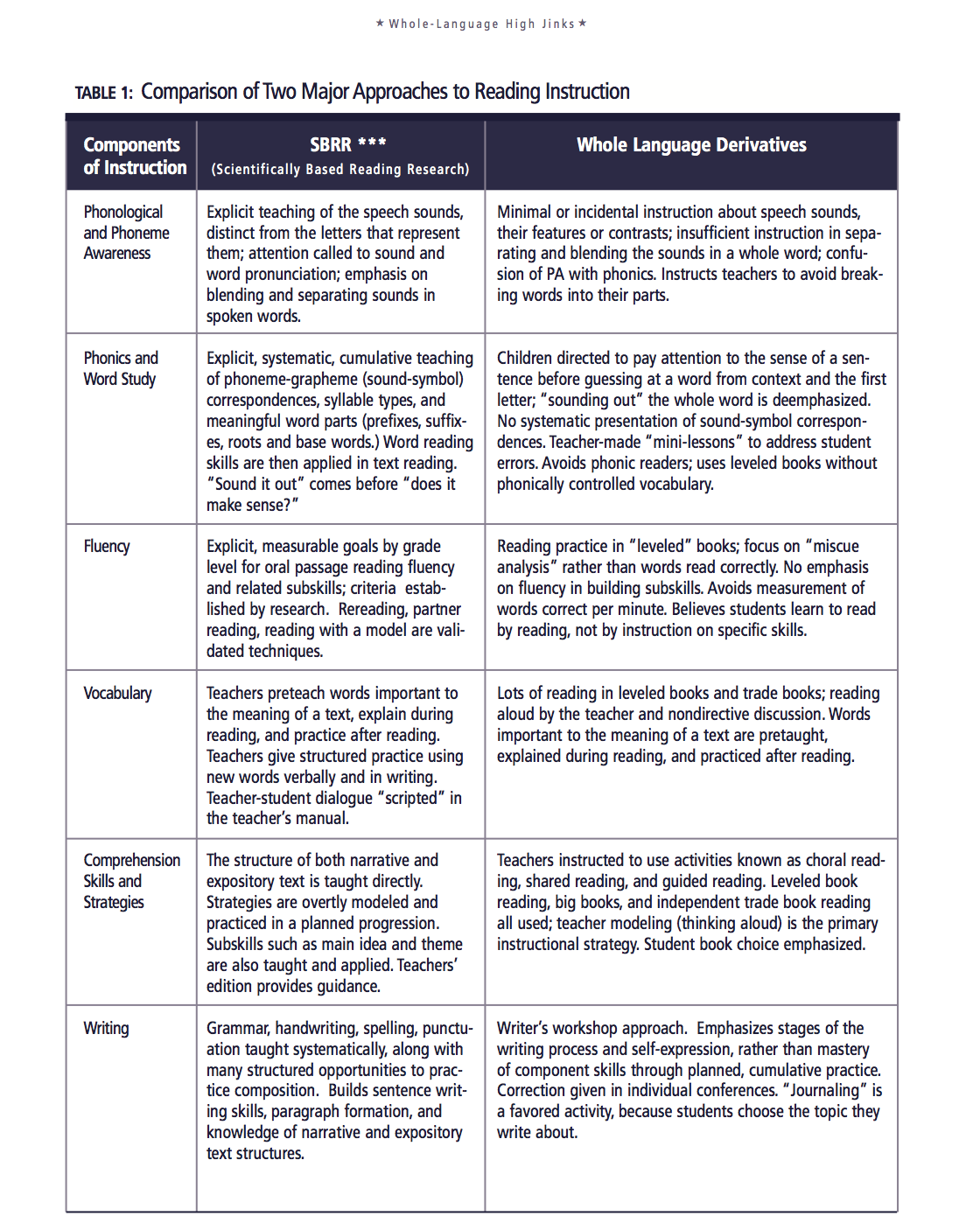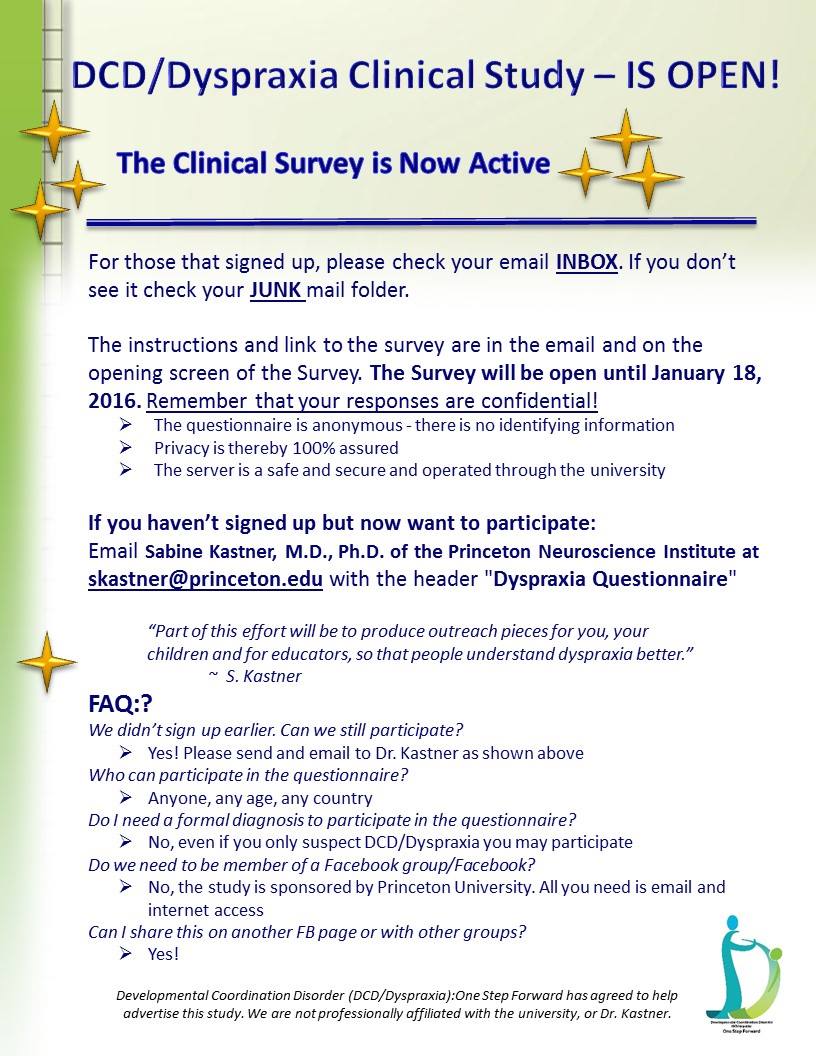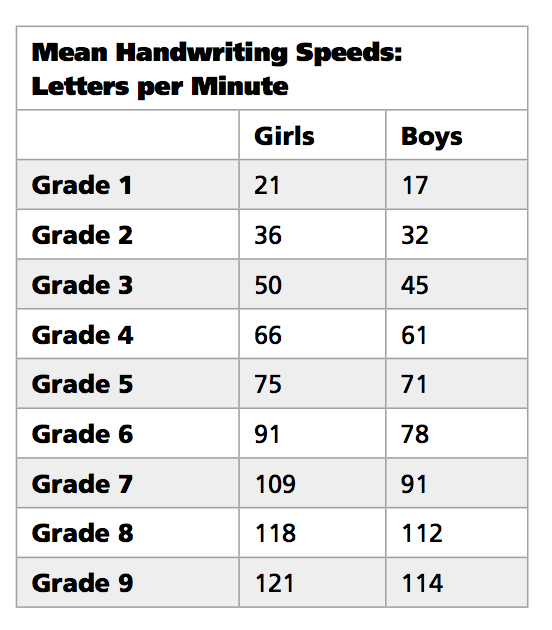With the beginning of the New Year, many are looking for an uneventful year in 2021. However, the fallout of the Covid 19 pandemic needs us to look carefully at the reading progress of students. In order to close the reading gap, regardless of how it happened, we need to shift our focus on reading instruction that follows the Science of Reading. But what is the Science of Reading?
The Science of Reading is a body of scientific research that reaches across interdisciplinary teams and studies how reading and writing, which are complex human behaviors that are impacted by biological markers, are learned. The research has occurred over almost a century and continues to evolve around the world and the U.S. The research should inform teaching practices to help all students, and especially those that are struggling. Dr. Louisa Moats states “The body of work referred to as the ‘science of reading’ is not an ideology, a philosophy, a political agenda, a one-size-fits-all approach, a program of instruction, nor a specific component of instruction.”
If you want to learn more about the Science of Reading, consider joining one of the numerous Facebook pages.
‘Minnesota’s Science of Reading – What I should have learned in college’ which focuses on educators.
‘Science of Reading (SOR) Parents’ Group’ which is directed toward parents.
The ‘Science of Reading – Kindergarten/First Grade Discussion Group’ for Kindergarten & 1st-grade teachers,
or any of those managed by “The Reading League”, a non-profit organization out of NY.
Be healthy, happy, and at peace.






